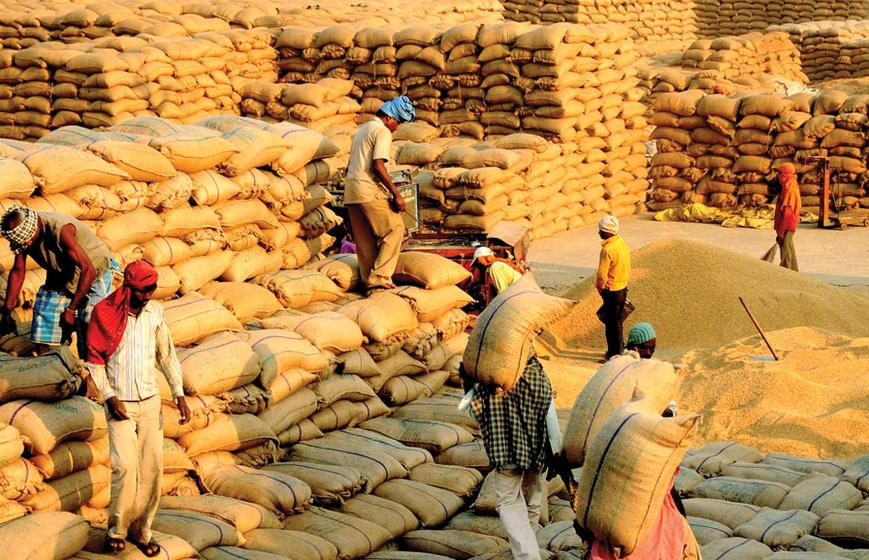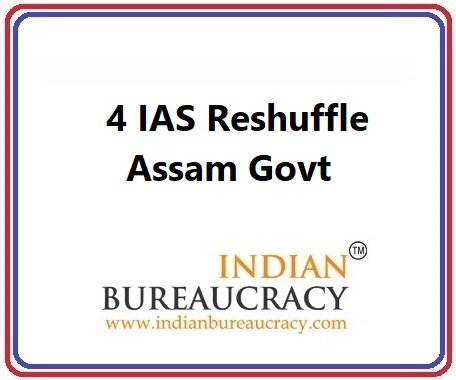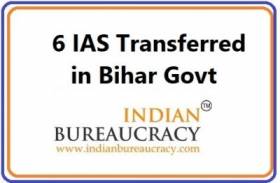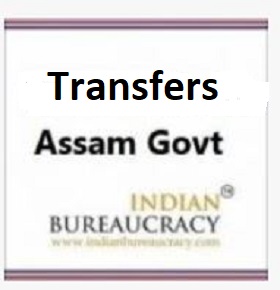The Government of India has implemented a policy of paddy procurement with the objective of ensuring Minimum Support Price (MSP) to farmers and making food available at affordable prices to the weaker sections of society. This policy also aims to intervene in the market effectively to keep prices in check and contribute to overall food security in the country.
During the Kharif Marketing Season (KMS) 2022-23, up to 22nd May 2023, the estimated production of rice is 1308.37 LMTs (as per the second advance estimate), the procurement estimate is 626.06 LMTs, and the quantity of rice procured is 520.63 LMTs. This has resulted in MSP payments of Rs. 159,659.59 Crores and has benefitted 1,12,96,159 farmers.
The Food Corporation of India (FCI), along with other state agencies, is the nodal central agency of the Government of India responsible for the procurement of paddy under the price support scheme. The procurement operations are primarily carried out by state governments and their agencies.
Before each Rabi/Kharif crop season, the Government of India declares the minimum support prices (MSP) for procurement based on the recommendations of the Commission of Agricultural Costs and Prices (CACP). The MSP takes into account factors such as the cost of agricultural inputs and a reasonable margin for farmers. The MSP operations are widely publicized through various media channels to ensure farmers are aware of the prices and the purchase system. Farmers are also provided information on quality specifications and the procurement process.
Procurement centers are set up by state government agencies and FCI, considering factors such as production, marketable surplus, convenience of farmers, and availability of logistics and infrastructure like storage and transportation. Temporary purchase centers are also established at key points in addition to existing Mandis and depots/godowns for the convenience of farmers.
To ensure that farmers receive the MSP directly from the Government of India, the “One Nation, One MSP through DBT” initiative has been implemented across the country from the Rabi Marketing Season 2021-22 onwards. MSP payments are directly transferred to farmers’ bank accounts through Direct Benefit Transfer (DBT). This has eliminated fictitious farmers, reduced payment diversion and duplication, and brought in transparency and accountability.
FCI and most state governments have developed their own Online Procurement Systems, which provide transparency and convenience to farmers through registration and monitoring of actual procurement. Farmers can access information on the declared MSP, nearest purchase centers, and dates of procurement. This has reduced waiting periods for farmers and allows them to deliver their produce at the nearest mandi as per their convenience.
Paddy brought to the purchase centers that meet the prescribed specifications is purchased at the fixed Minimum Support Price. However, farmers are free to sell their produce to other buyers, such as traders or millers, if they offer prices higher than the support price. FCI and state governments/agencies ensure that farmers are not compelled to sell their produce below the support price.
Paddy procurement is carried out under centralized and decentralized systems. Under the centralized procurement system, food grains are procured for the Central Pool either by FCI directly or by State Government Agencies (SGA). The quantity procured by SGAs is handed over to FCI for storage and subsequent distribution within the same state or to other states as per the Government of India allocations. The cost of food grains procured by state agencies is reimbursed by FCI based on provisional per cost-sheets issued by the Government of India once the stocks are delivered to FCI.





